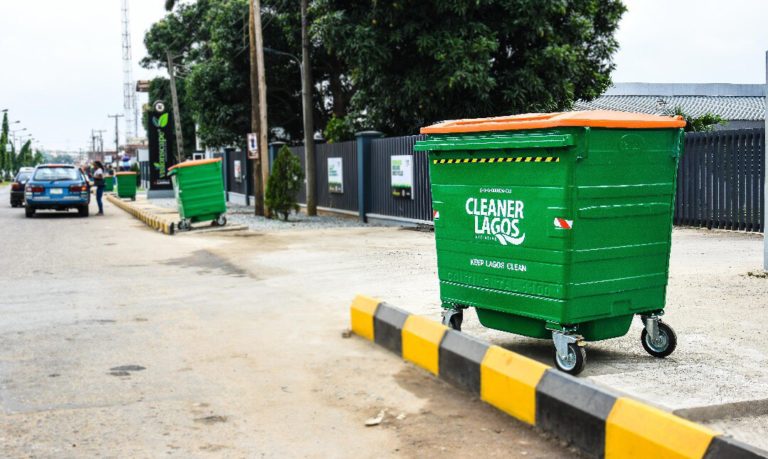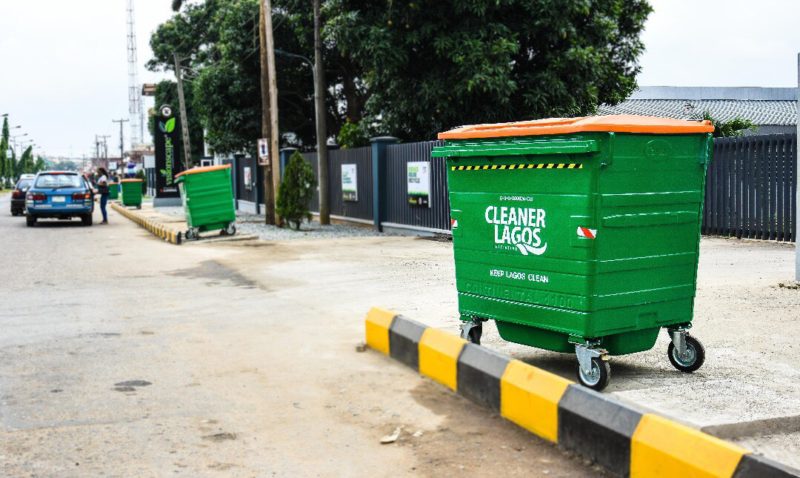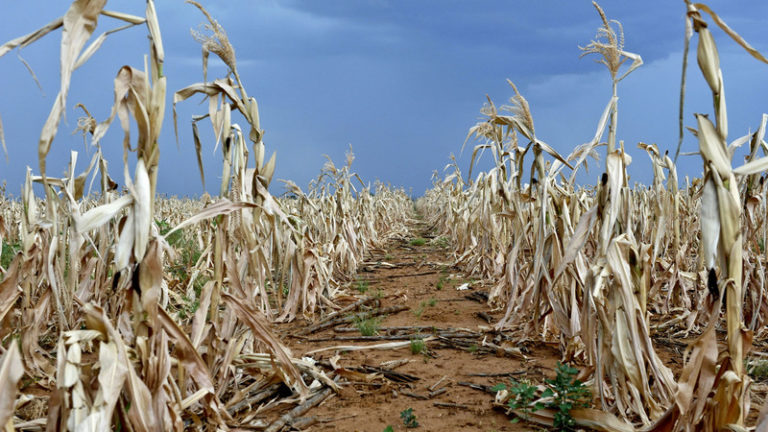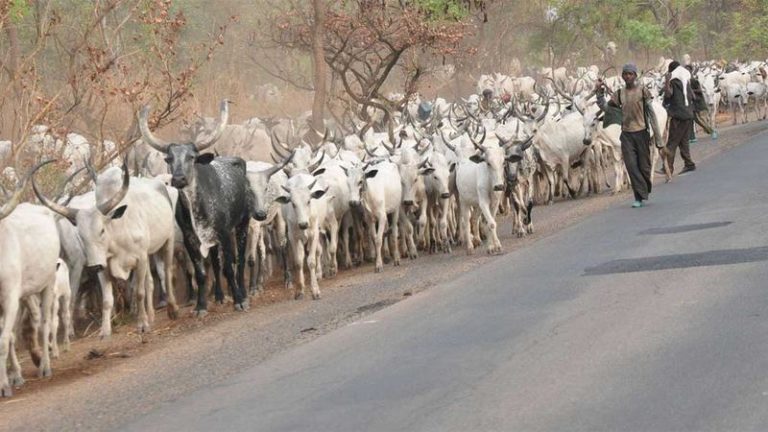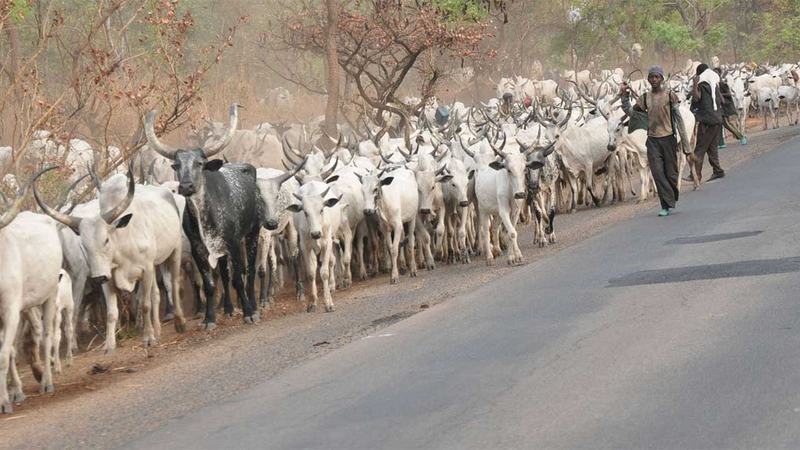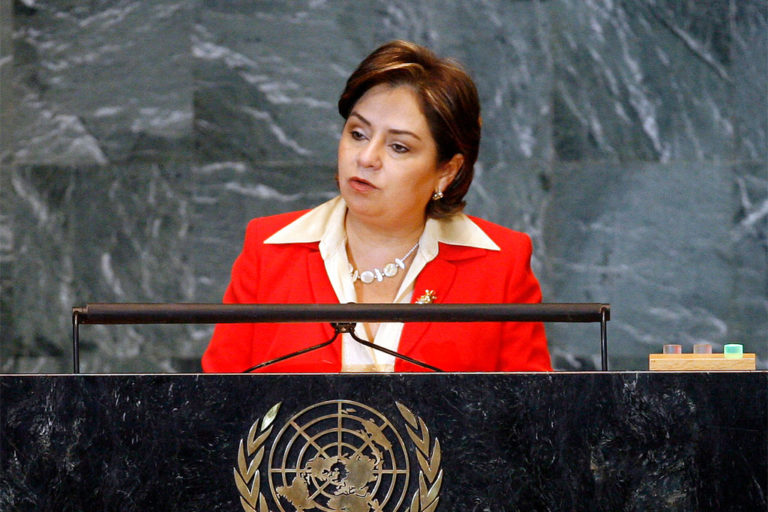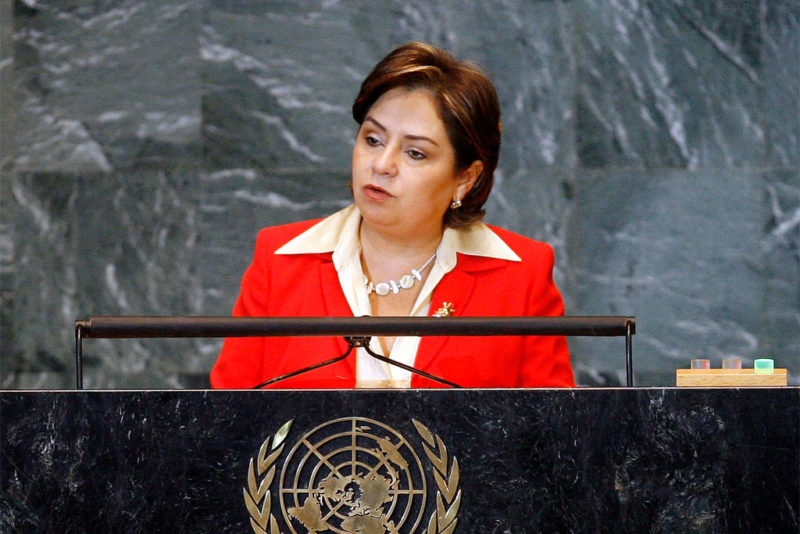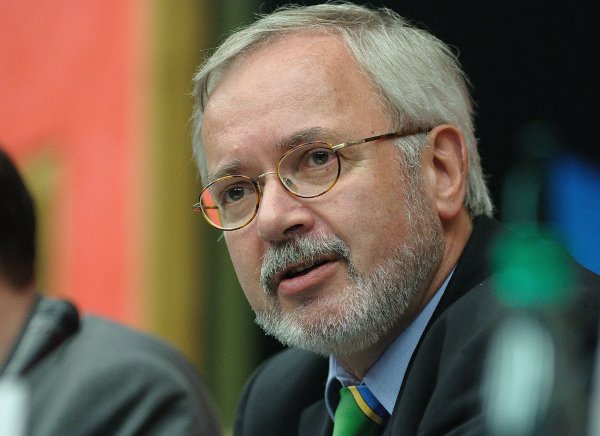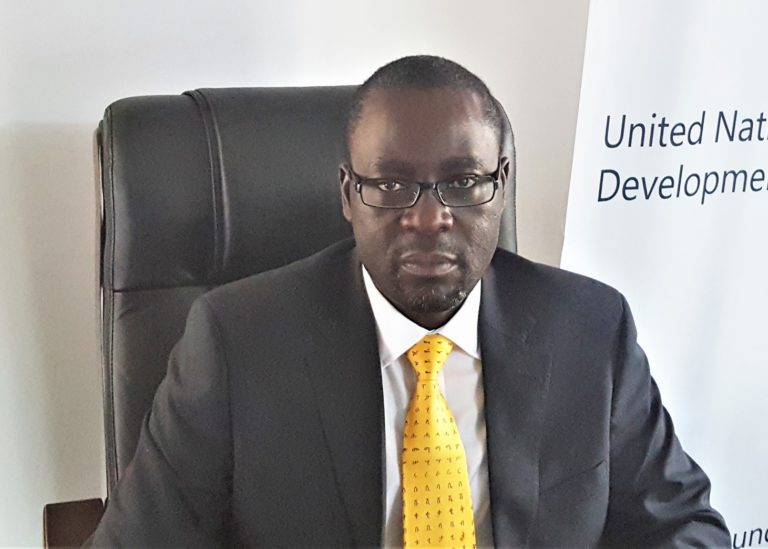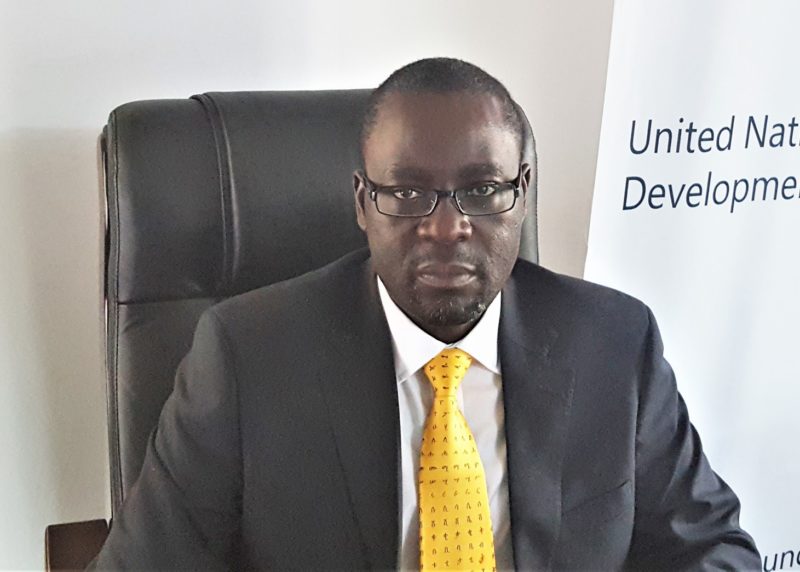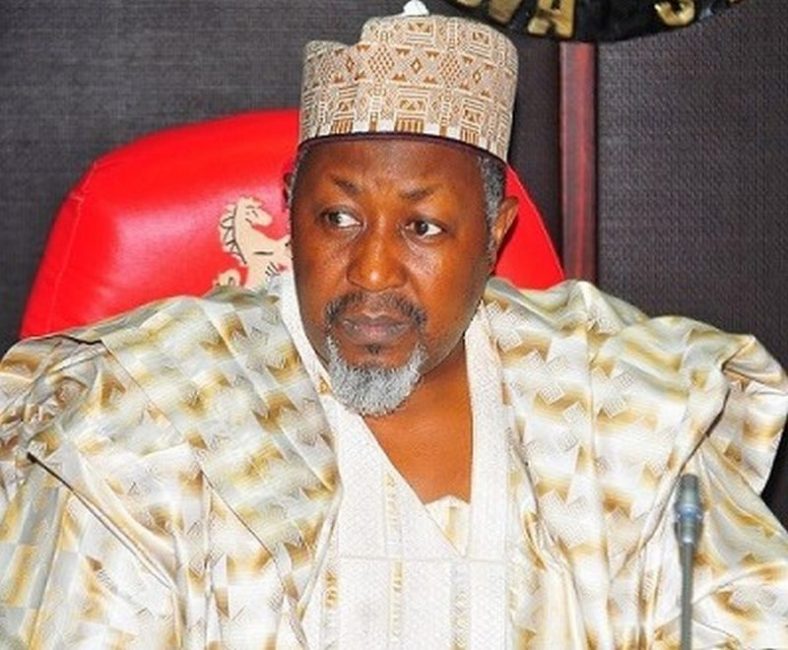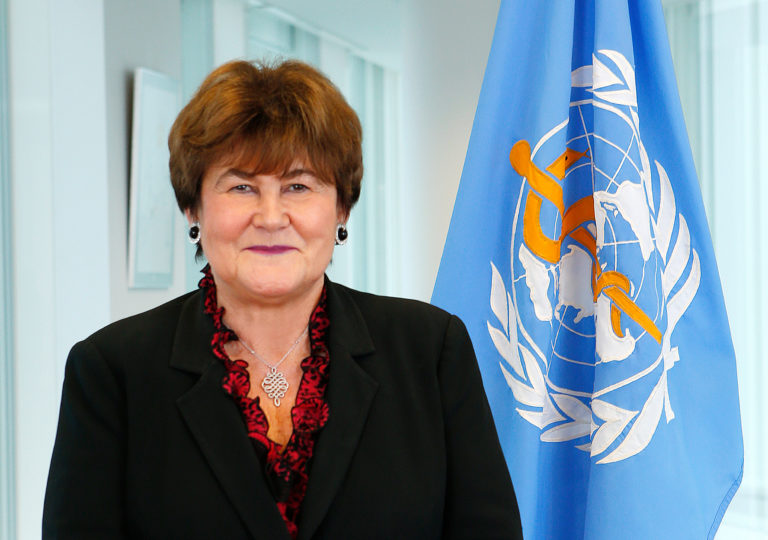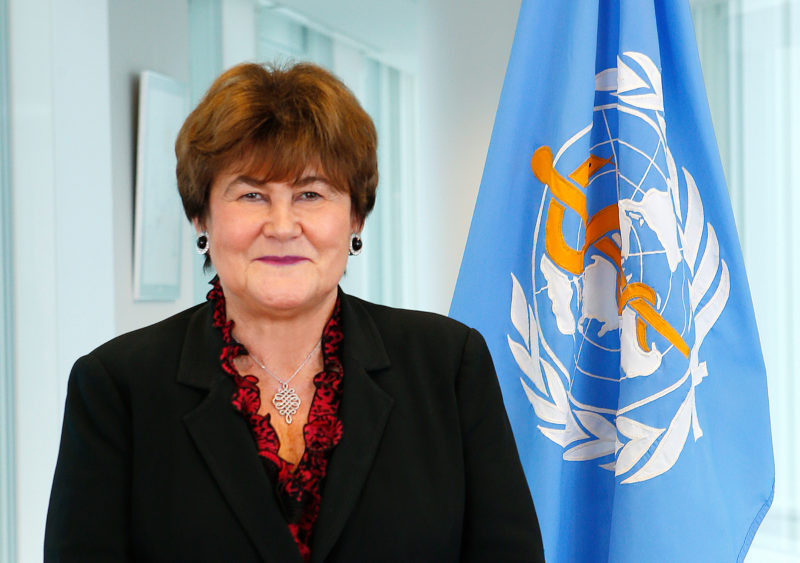Residents of some communities in the Federal Capital Territory (FCT) on Wednesday, February 21, 2018 protested lack of access to what they say is the only source of water to the areas.
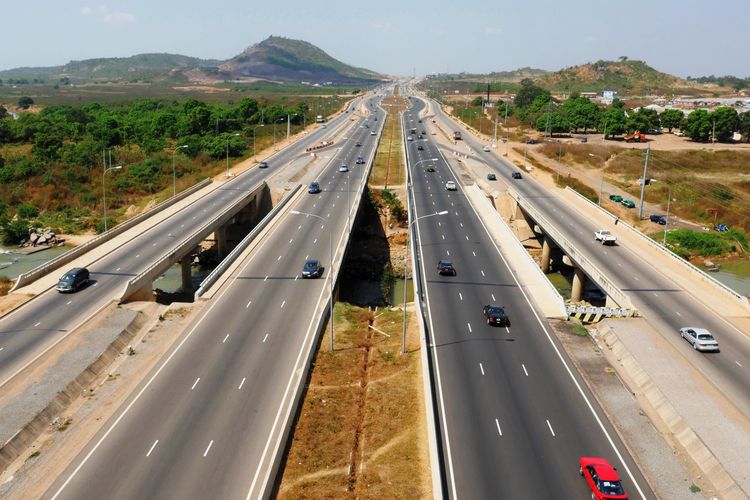
The communities are Tungan-Kwaso, Tungan-Kano and Tungan-Kukudagba.
A correspondent of the News Agency of Nigeria (NAN), who monitored the protest along the Airport Road in Abuja, reports that the protesters barricaded the road.
Armed policemen and other security agents were seen trying to bring the situation under control and to ensure that the road linking the airport was not completely blocked.
Vehicular movement around the junction linking the communities was slow as a result of the protest.
The protesters alleged that the Federal Airports Authority of Nigeria (FAAN) had built a fence, blocking the road that links the communities to the stream, which was their only source of water.
According to the protesters, the communities have suffered hardship as a result of the development.
They frowned at the insensitivity of FAAN to their plight, despite the fact that the Nnamdi Azikiwe International Airport was established on their land.
Mrs Ladi Danladi, one of the protesters, told NAN that the problem started about seven years ago when FAAN approached the communities that it wanted to fence the airport to protect its facilities.
Danladi said the authority had promised to sink a borehole for the communities when it realised that the fence would block the road to the communities’ stream.
She said the stream was the only source of water to the communities, adding that, to their surprise, the borehole was sank inside the premises of FAAN after constructing the fence.
“Exactly three weeks today, we were told not to enter their premises to fetch water anymore for fear of the communities planting bomb in their premises.
“So, we reminded them that we cannot live without water and that they have blocked the road leading to the stream that supplied water to the communities.
“Instead of finding solution to the problem, they threatened to shoot anybody found within their premises.
“Before we knew it, they used padlocks to lock the gate leading to the borehole and stationed soldiers at the gate,” she said.
Danladi said the protest was to inform the public of the injustice being meted on the communities.
Mr Usman Farouk, another protester, said the communities had suffered a very long period of neglect from the government.
He said the communities originally inhabited the land presently occupied by the airport before they were relocated by the government without any form of compensation.
“As I speak to you, we have been living in these communities without water, hospital, school, road and other basic amenities,” he said.
NAN, however, contacted Mrs Henrietta Yakubu, the General Manager, Corporate Affairs of FAAN, who confirmed that the communities had been enjoying free access into the airport premises to fetch water.
She said the decision to stop them was due to the recent need to beef up security in the airside, adding that the measure was to avoid security breaches at the airport.
The general manager, however, said that the management of the airport was already handling the situation.
“As part of its corporate social responsibility, FAAN has commenced the process of sinking boreholes for them in their communities and in the next few weeks they will have water,” she said.
By Monday Ijeh and Sumaila Ogbaje

